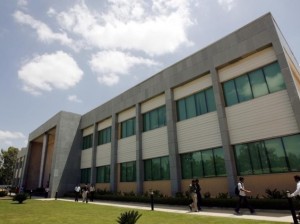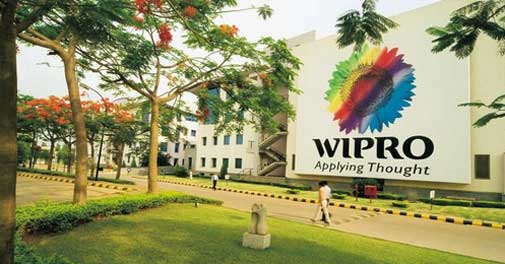 Wipro is rolling out a programme that aims to disproportionately reward and incentivize top technical talent irrespective of seniority and designation, replicating a model that International Business Machines and Intel have successfully adopted and made famous.
Wipro is rolling out a programme that aims to disproportionately reward and incentivize top technical talent irrespective of seniority and designation, replicating a model that International Business Machines and Intel have successfully adopted and made famous.
The nation’s third largest software exporter has created a ‘fellow’ programme that will offer privileges usually given to vice president level executives to the selected few, who will be part of Wipro’s Distinguished Members of Technical Staff. “Very clearly, these technical career paths that we’ve created … are driven by people who are growing without having any people under them,” Wipro’s global human resources head, Saurabh Govil, said in an interview on Saturday. “That is a new thing we’re doing — technical knowledge is driving that.”
The effort is clearly aimed at retaining people who hold great technical potential at a time when India’s IT majors are increasingly focusing on futuristic technologies to be relevant in a market where a lot of activities that were their bread and butter — such as remote monitoring, testing and quality assurance — are getting obsolete.
The changing market dynamics have made them choosy about recruiting and rewarding employees. Those who are mid-level managers but have forgotten the art of coding are no longer in demand, but an intense battle is on among the companies to take on board those who work on technologies like artificial intelligence.
Wipro has created a panel to evaluate staff based on parameters such as the reports they have authored and the kind of intellectual property they have created.
Even a talented junior-level programmer could become a fellow, which will be the highest honor that will be bestowed on an employee by the company.
And, they will be pampered with top-level perks. “For example, vice presidents at Wipro all travel business class. All those who’ve become fellows, irrespective of their bands, are also rewarded with business-class privileges,” said Govil.
For years, India’s top software exporters created large armies of programmers to maintain backoffice technology projects for big clients such as Citigroup and General Electric. As the wave of outsourcing surged during the 2000s, junior-level programmers and engineers rode that wave, rose rapidly through the ranks, as companies added thousands of fresh graduates every year.
Such was the growth of the industry that people with experience of 5-10 years ended up as VPs. What happened as a result was that a large layer of executives were created, and often people who were technically skilled but not so good in managing people were given the job of managers.
Some of these fellows will be made to work on futuristic projects, such as Wipro’s cognitive computing system Holmes.
As of now, the company has identified six people to be fellows, with another 52 in the pipeline. The programme is similar to the ones in place at IBM and Intel.
IBM’s programme was created by its legendary president, Thomas Watson Jr, in 1962. Every year, between four and nine exceptional employees are inducted into this unique club. Intel started a ‘fellows’ programme in 1980 to reward the “most senior and influential technical minds”, according to company website.
“We’ve mapped ourselves to Intel and three-four other companies that have institutionalized this,” said Govil.
The process by which a fellow is selected is extremely rigorous and the panel that would do the job for Wipro has outside experts to oversee the working. “(It) takes about six months to close the process,” said Govil.
“We’ve provided them (employees) with the scope, we’ve told them to attend conferences, present papers, create new IP,” said Govil. “But if you’re not doing it, then you come back.”






